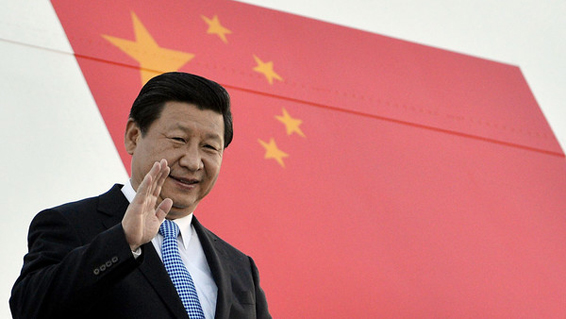Third Plenum: A clear broad picture but low on specifics
- By Tim Collard
 0 Comment(s)
0 Comment(s) Print
Print E-mail China.org.cn, November 14, 2013
E-mail China.org.cn, November 14, 2013
In the Chinese political cycle, the Third Plenary Session of the CPC Central Committee is probably the most significant event for China-watchers. It is at this point in the cycle that the political and economic program is announced. It was at this point thirty-five years ago that Deng Xiaoping astonished the world by announcing the change of course which gave rise to the reform and opening up policy, whose success was to astonish the world even more.

The eyes of the world are now on Premier Li Keqiang. The positioning of the official Chinese media has focussed on reforms aimed at opening up the market, transforming the government, and reforming enterprises to boost innovation. But everyone wants to know how far this will go. It is no secret that many outside observers were slightly disappointed with the corresponding Third Plenum of 2003, at the outset of President Hu Jintao's tenure of power.
Things in China have changed a great deal since 2003. Not only has the integration of China into the world economy progressed considerably, but China has also begun to address political issues in a more open way than before. The Chinese leadership has long since made it clear that China will not blindly follow the Western path to development; but the recent Bo Xilai trial has drawn attention to a further possibility that has been rejected: The idea of a populist revolution linked to a personality cult. I think we all know what that kind of thing can lead to.
And so it will be vitally important to President Xi Jinping and his leadership team to give clear direction and to manage expectations carefully. One danger could be that these expectations are already at an uncomfortably high level; great things are expected, both by Chinese and by the outside world, from this meeting, and the use of the phrase "great revolution" to describe the current stage of the reform and opening process is unlikely to reduce the excitement.






Go to Forum >>0 Comment(s)